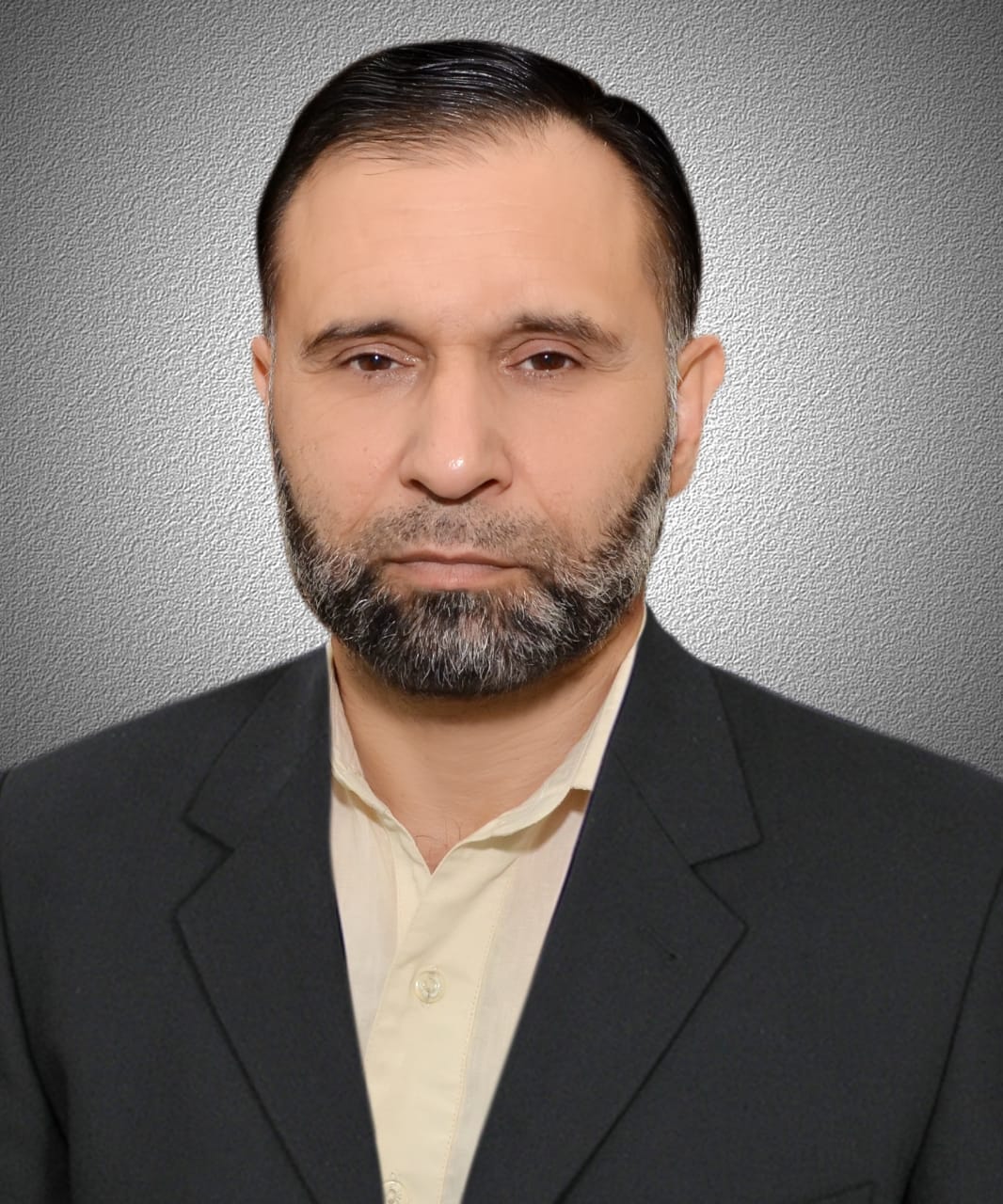By: Ghulam Hussain Ghazi
As per announcement of Central Ruet e Hilal Committee, Tuesday, August 26, 2025, Pakistan ushers in the blessed month of 1st Rabi’ al-Awwal 1447 AH, a month that sparkles with joy and reverence, illuminated by the birth of the Prophet Muhammad (peace be upon him) and adorned with the grand tapestry of Islamic history. This month invites Muslims to bask in spiritual renewal, recite abundant salutations upon the Prophet and revel in the festivities that mark this sacred season. Rabi’ al-Awwal is a vibrant celebration of the Prophet’s birth, where hearts unite in gatherings filled with prayers and praise, old grudges are set aside and communities come together to exchange heartfelt greetings of Eid Milad-un-Nabi. Across the globe, Muslims celebrate in myriad ways, lively processions, sharing sweets, and organizing events to reflect on the Prophet’s life, making this the most cherished month of the Islamic year. Streets glow with twinkling lights, mosques are decked in splendor, schools and colleges host Naat and Qur’an recitation contests and newspapers roll out special editions, all adding to the month’s festive charm.
In the Islamic lunar calendar, Rabi’ al-Awwal holds the third spot, following Muharram and Safar and preceding Rabi’ Al-Thani. This calendar, formalized during the caliphate of Hazrat Umar (may Allah be pleased with him), took its starting point from the Prophet’s migration to Madinah, earning it the name Hijri calendar. Before Islam, the Hijaz region followed lunar months but without a standardized year system, records often lacked clarity on dates. The Hijri calendar resolved this, bringing order to timekeeping and anchoring Islamic history.
In pre-Islamic Arabia, Safar was likened to autumn, a season of falling leaves and barren landscapes, reflected in its name meaning “empty.” In contrast, Rabi’, meaning “spring” brings to mind blossoming fields and renewal, perfectly suiting Rabi’ al-Awwal’s aura of joy and prosperity. While the pre-Islamic era saw no specific festivals tied to this month, its pleasant weather spurred trade and poetic gatherings at markets like Souq Okaz. With the dawn of Islam, Rabi’ al-Awwal transformed into a month of spiritual celebration, centered on Eid Milad-un-Nabi, a cultural and religious festival where mosques, homes and markets shimmer with lights and gratitude to Allah flows freely.
The crowning glory of Rabi’ al-Awwal is the birth of the Prophet Muhammad (peace be upon him) on 12 Rabi’ al-Awwal, a day that bathed the world in divine light. This year, Eid Milad-un-Nabi is set to be celebrated on Saturday, September 6, 2025, with vibrant festivities. On the same date, 12 Rabi’ al-Awwal 1 AH, the Prophet’s historic migration (Hijrah) to Madinah took place, a journey sparked by the persecution of believers by Makkah’s pagans. Guided by divine command, the Prophet (peace be upon him) spent three days in the Cave of Thawr before arriving at Quba, laying the foundation for the first Islamic state. Immediately after, in Rabi’ al-Awwal, the Prophet oversaw the construction of Masjid Nabawi, a mosque that became not just a place of worship but the beating heart of the Muslim community, where companions shared joys and sorrows whilst justice was dispensed. The month also bears the poignant memory of the Prophet’s passing on 12 Rabi’ al-Awwal 11 AH, a heartrending moment for the ummah. Madinah was cloaked in grief, with Hazrat Umar (RA) initially unable to accept the loss, but Hazrat Abu Bakr (RA) steadied the community with wisdom, reciting Qur’anic verses to inspire resilience.
Rabi’ al-Awwal is also marked by other pivotal events, such as the establishment of Mu’akhat, the brotherhood between the Muhajireen (migrants from Makkah) and Ansar (Madinah’s host and helpers), forging an unbreakable bond that erased social and economic divides. The month saw the seeds of the Islamic state sown through peace treaties with neighboring tribes, fostering stability. Beyond the Prophet’s legacy, Rabi’ al-Awwal is tied to notable figures: Hazrat Hasan ibn Ali (RA), born on 15 Rabi’ al-Awwal 3 AH, the Prophet’s grandson, renowned for his wisdom and piety, stepped down from the caliphate to preserve peace, a shining example of reconciliation in Islamic history. Hazrat Umar ibn Abdul Aziz (may Allah be pleased with him) passed away on 25 Rabi’ al-Awwal 101 AH, a caliph whose reforms, including abolishing unjust taxes and dedicating the treasury to public welfare, earned him the title of the fifth righteous caliph. Imam Ahmad ibn Hanbal (may Allah be pleased with him), who died on 12 Rabi’ al-Awwal 241 AH, stood firm against oppression, preserving thousands of authentic hadiths in his Musnad, a cornerstone of Islamic scholarship. Rabi’ al-Awwal inspires Muslims to live by the Prophet’s teachings of compassion and unity, reminding us that by embracing his (pbuh) Sunnah, we can find success in this world and the hereafter.

